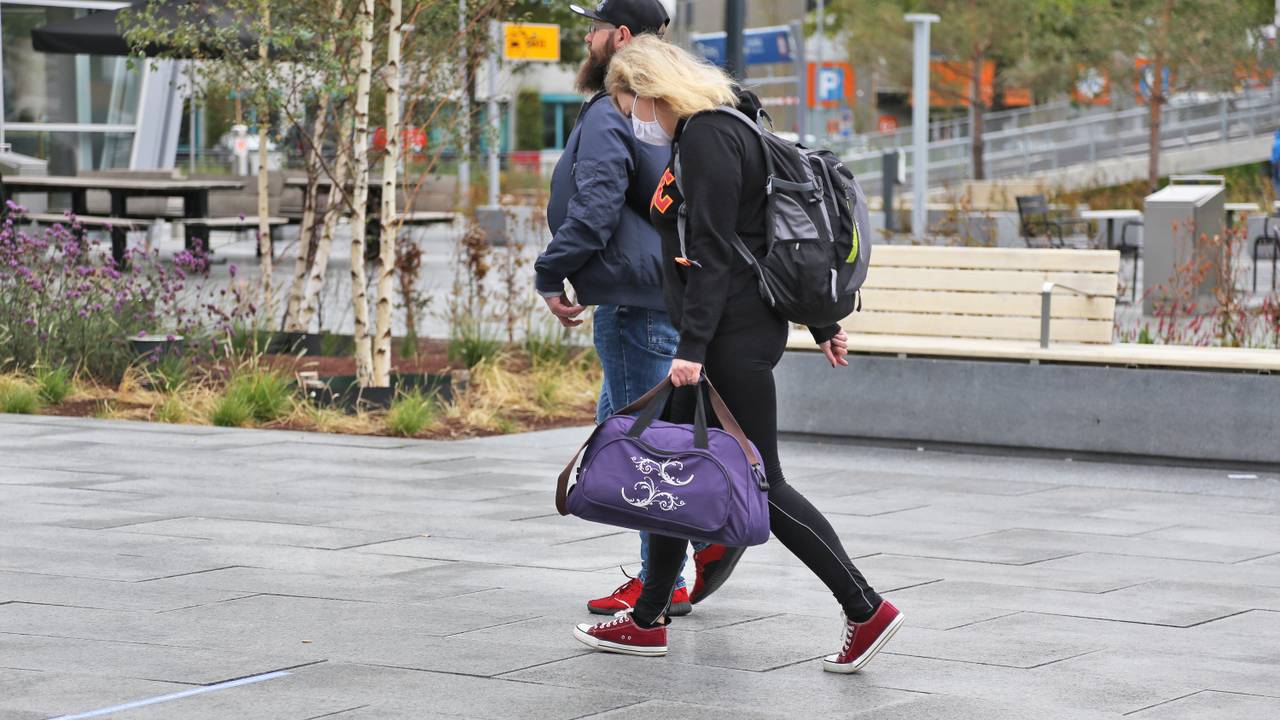The Minister of State, Minister of Foreign Affairs and Cooperation, Mr. Massoudou Hassoumi received, yesterday afternoon, a delegation from Médecins Sans Frontières in Niger, led by Mr. Halidou Alira, representing the head of MSF mission in Niger. The purpose of this meeting is to present MSF’s 2021 Annual Activity Report in Niger to the Minister of Foreign Affairs and Cooperation. This audience took place in the presence of the close collaborators of the Minister of State and the other members of the MSF delegation.
The meeting allowed the officials of this international organization to take stock of their activities, present the perspectives and take up the challenges facing the areas of their interventions in Niger. They also took advantage of this opportunity to discuss the context in which their agents work in Niger. “We came to meet His Excellency to present to him the 2021 annual report of our organization Médecin Sans Frontières in Niger. It must be said that this report is part of our traditions of accountability in the countries that Médecins Sans Frontières supports. It is a report of 12 months of activities that allows you to see all the facades and all the axes of intervention of Médecins Sans Frontières in Niger, which range from maternal and reproductive health, questions of paediatrics, nutrition, mathematics from the displaced population to primary health care. It must be said that overall, in 2021, approximately 600,000 consultations were carried out by the teams of Médecins Sans Frontières Niger”, declared Mr. Halidou Alira, at the end of the hearing. He took this opportunity to talk about the context that characterized their interventions in Niger. Mr. Halidou Alira stressed that their secret is resilience and adaptation. “When you work in a difficult security context, you have to know how to deal with it. You have to make sure that the teams working for you can do the job with a minimum of safety. I would say that our greatest secret is respect for the humanitarian principles which are our compass. I am going to talk about the principle of neutrality, impartiality, independence, humanity, proximity. It is all this that enables Médecins Sans Frontières to be accepted by all parties”, he specified, while expressing his satisfaction for the exchanges that his delegation had with the Minister of State, Minister for Foreign Affairs and Cooperation.
As a reminder, in Niger, MSF intervened for the first time in Niger in 1985. Today, MSF is present in particular in the regions of Agadez, Diffa, Maradi, Tahoua, Tillabéri, Zinder and in the capital Niamey. In Niger, MSF provides support to the Ministry of Public Health to help reduce infant mortality, improve the quality of pediatric and maternal care, respond to epidemics and emergencies and increase vaccination coverage against diseases such as cholera, measles and meningitis. In addition, MSF assists survivors of violence and displaced people across the country. In 2021, more than 1,500 staff, 95% of whom were Nigerien staff, carried out MSF’s mission in Niger, with a total budget allocated to activities of 35 million. Overall, MSF is 95% funded by private funds.
Speaking of this 2021 report, Médecins Sans Frontières (MSF) carried out 598,977 medical consultations; treated 333,348 cases of malaria; hospitalized 43,191 children in paediatrics; cared for 58,378 children suffering from acute malnutrition; vaccinated 513,166 people against meningitis; vaccinated 736,595 people against measles; cared for 2,643 people against cholera. Thus, with a budget of 22.6 billion CFA Francs, the MSF provided salaries, staff training, investment in construction and rehabilitation and the purchase of medical inputs.
By Ali Maman (onep)
–


